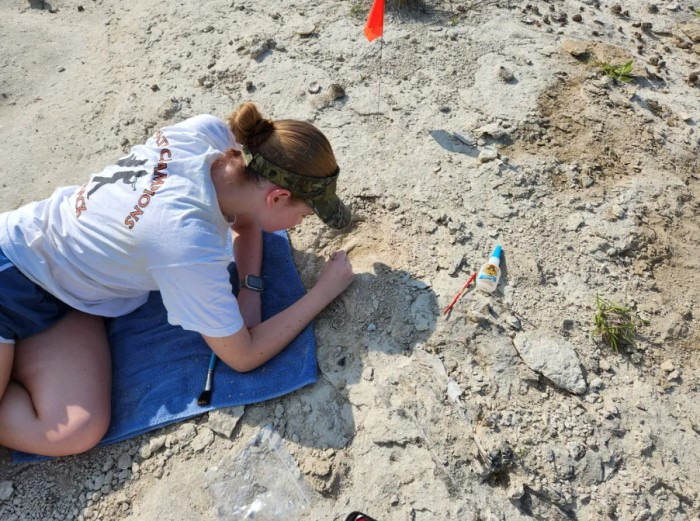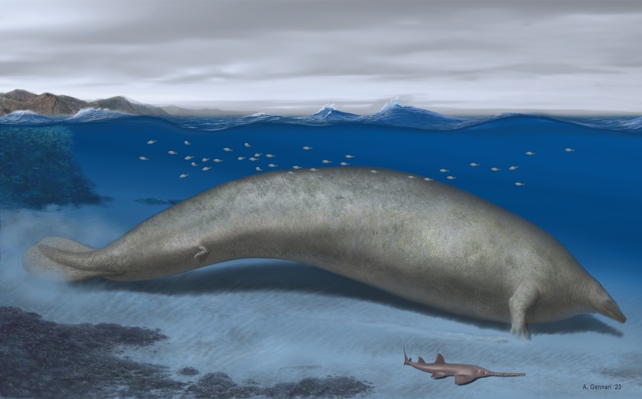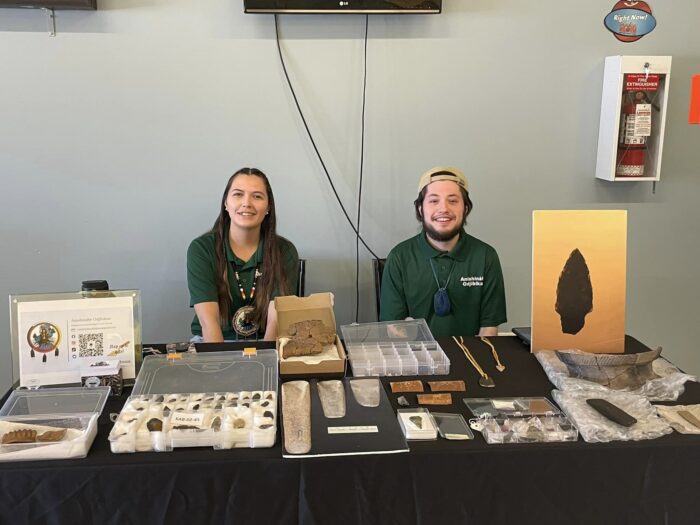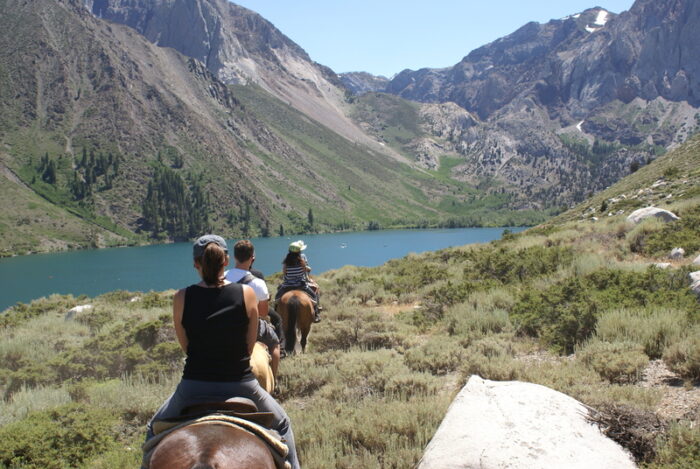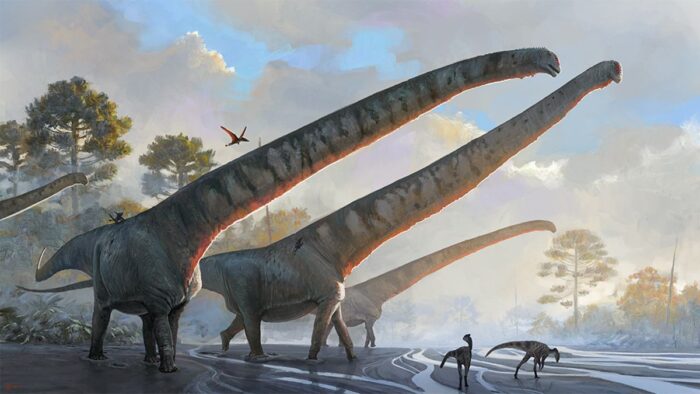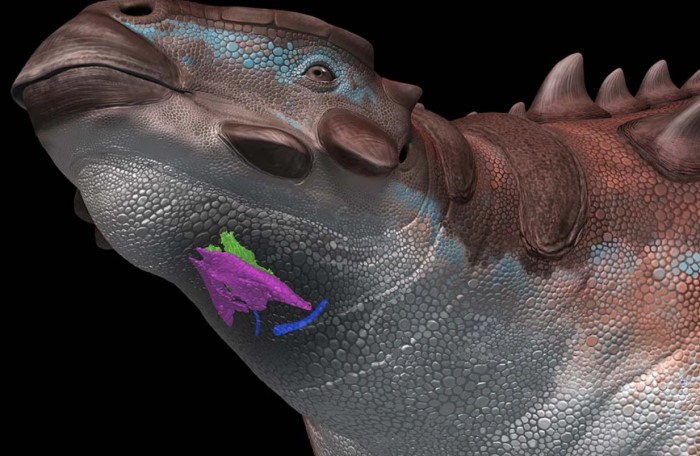1965 was a huge year for civil rights in the United States.
A breakthrough law, the Civil Rights Act of 1964, had just been signed the year before. This law made it illegal to discriminate against any person based on their race, colour, sex, religion, or country of origin.
But at first, some states still refused to follow the law. They maintained laws of segregation—the forced separation of people in society based on the colour of their skin. They also denied Black people the right to vote.
Centred around Selma
Dr. Martin Luther King, Coretta Scott King, John Lewis, and other activists and leaders lead the march from Selma to Montgomery in March 1965. (Getty Embed)
One of these states was Alabama. And one of its cities, Selma, became the site of one of the most important civil rights protests in U.S. history. These were a series of marches from Selma to Alabama's capital city, Montgomery to protest for the end of segregation and equal voting rights.
At the centre of these marches was Dr. Martin Luther King, the Black pastor and civil rights leader whose birthday is now an American national holiday. Other significant leaders included his wife, Coretta Scott King, and John Lewis, a friend of Dr. King who grew up to become an influential politician in Washington for over 30 years.
And also in Selma in 1965 was a twelve-year-old Black girl named Willie Mae Brown. She saw all of these leaders and all of this history unfold in front of her eyes. Now she has written a novel about these experiences called My Selma.
Willie Mae tells her story
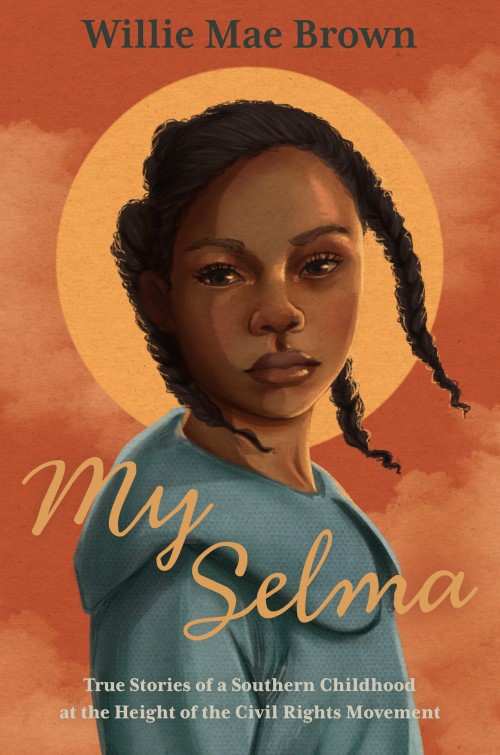
(MacMillian Publishing)
My Selma is an amazing book. Willie Mae not only gives us the chance to witness the energy of Dr. King through her eyes, she also lets us feels what it was like to live in Selma, Alabama when civil rights were at their peak. Her memories include injustice and prejudice. But they also include family, friendships, food, and mile after mile of beautiful countryside.
In a year when Black History Month's theme in Canada is Ours To Tell, we are so excited that Willie Mae decided to tell her story to us! In fact, her words were so great, we have decided to split our interview with her into two separate posts.
In part 1, she talks about deciding to write the book, her memories of Dr. King, and the life-changing moment of hearing him speak at her church.
OWLconnected: 1965 was almost 60 years ago. What made you want to write a book of your memories of that time now?
Willie Mae Brown: It wasn't that I decided yesterday to write this. I first started writing this book about 15 years ago. But the stories that we have in [My Selma], were different from what that first book was. And [that version of the] book was stolen because my purse was stolen! So I lost that!
OC: Oh no!
WMB: But in a sense, I thank the person who did that. Because it gave me the opportunity to really look into myself and ask, Why don't you tell people what happened to YOU during those times? Go back and see it again?
I have a person that 'lives' with me, a muse. [A muse is a source of inspiration or a guide.] It is my 12-year-old self. I never let go of that individual. And that's how I have remembered a lot of things. I could just pull [the memories] out. It's like a movie that plays in my head.
So I sat down one day and I just started to write. And when I started putting the stories together, I started loving it and I started writing more. And when you start writing more, you get more information from the muse in your head. It comes naturally.
OC: It sounds like it was the right time to tell the story!
WMB: Yes. And when we started having these things again [today]—like cops and crime and Black-on-Black crime, and just people hurting each other—I thought, This is really no different from what I've experienced in the past. We need to talk about this a little bit more.
And so I just wrote more of what we went through and how, even then, we were non-violent. And Dr. King was behind that.
OC: Right! What are your memories of him?
WMB: I used to see Dr. King almost every day when he was in town. But we were children and he [and his group] were working and we couldn't bother them. When we were getting out of school, they would be clustered around, whispering to each other. We would see Dr. King and know that they were there working for us.
OC: It must have been quite an experience! Exciting, confusing, scary ...
WMB: It was all of those things! But we had parents. We obeyed our parents because they could lead us the right way. We trusted them.
We knew Dr. King from [hearing him on] the radio. I grew to understand that he was leading a movement that was going to change the way we lived. He was important, and we should respect him and respect his wife.
OC: So your parents were excited about Dr. King and his movement?
WMB: Yes. I think that most of the people were, but they didn't want to be exhibited.
OC: You mean they didn't want to show their excitement too much?
WMB: Yes. They didn't want to say anything because not a lot of people were educated. They did not want to talk, because talking had hurt them in the past. This was the 60s. There were these groups that abused and scared people to death and that put fear into people.
And if [these groups] did find out that you were down with [Dr. King's] movement, you could lose your job. And a lot of people lost their jobs, so they just didn't want any trouble.
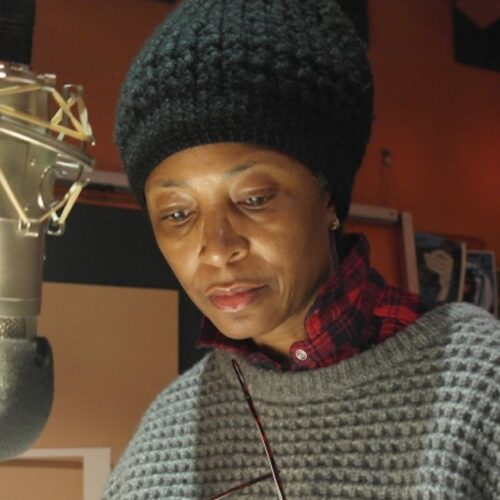
Willie Mae Brown recalled many powerful moments in her new book. (Joseph Anastasi)
OC: One of the biggest moments in My Selma is when you talk about seeing Dr. King speak at your church. In the book, you actually talk about how you were reluctant to go and your mother forced you.
WMB: Thank goodness my mother made me go to the church that night! I knew he was [going to be] there, but I thought he was some other preacher. Because all the times we saw him around town, we didn't see him.
OC: Like, see him at his full powers?
WMB: When King walked onto that stage, he was tall. He was tall and he was young. I'm 12, and here comes this man and his voice is no longer on the radio. He's right there with me.
And he's looking at me, he's looking at my mother. He's looking at all these people and we are all so happy. Because we felt like, We finally got some help. And [everyone] went wild.
There were white reporters there, too. And if ever you've seen automatic desegregation, it was that night.
The heart came out of everyone because the truth was standing there. Dr. King was on that stage. And he raised his hands. And everyone immediately sat down and my mother kept saying to me, Sit down, honey. Sit down.
When the people sat down, I will never forget the sound—the wood, the leather from the shoes, and the dresses hitting the floor.
And my mother was just crying. She was trembling because she was there with him. And she held me so close. She had my head on her chest, and her heart was just beating so fast.
And I could smell her. She had sachet powder on. It was a top seller then!
OC: What a powerful memory. To be able to remember all of those sights and sounds and smells!
WMB: I knew right then that I loved Dr. King. If he could bring this joy out of me and out of my mother's heart, he was special.
And I went to see his statue in Washington the last Christmas that they had for the Obamas (in 2016). And I vowed to finish my book. And I realized when I turned around, there were people that had kneeled in front of his statue.
I don't think they were praying to him. It was just respect.
It was wonderful.
OC: And you did finish the book! Now we all get to experience what you saw as a kid.
WMB: I saw John Lewis at [a famous New York City bookstore called] Strand. I told him that I was from Alabama and that I remembered him. And he said, What's your name?
I told him, and he said he remembered me, too. We had a nice talk and we took pictures together and he said, Don't ever forget the struggle. The struggle stays with us all the time.
And so I'm really happy that I was able to write and remind us of what Selma was like. So that [those memories] could be for everyone again.
----
Thank you so much for talking with us, Willie Mae! And be sure to read our website next Friday, when we'll have Part 2 of our interview, where she speaks about happy memories of her Aunt's food, and the power of patience when fighting for change.
My Selma is available in bookstores now!
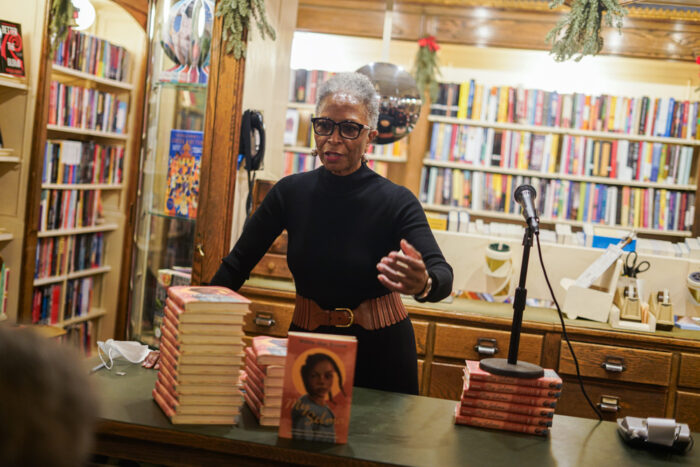 Willie Mae Brown speaks at a book launch for My Selma. (Luana Maria Şeu)
Willie Mae Brown speaks at a book launch for My Selma. (Luana Maria Şeu)
